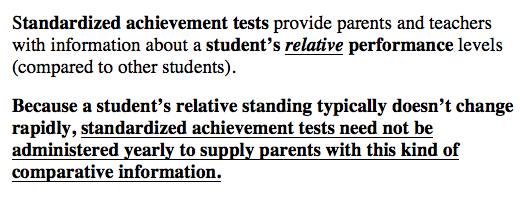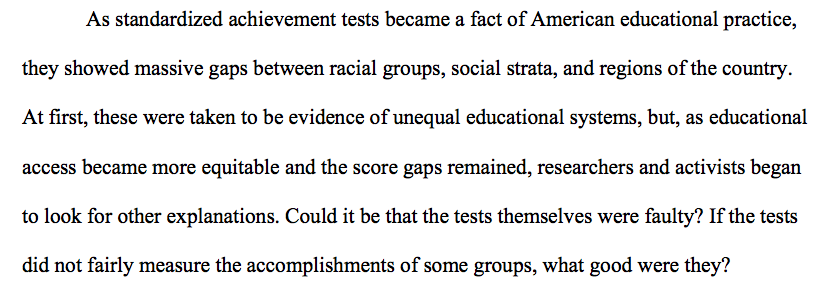Bad behavior is routinely accepted — to a degree. Rudeness, bullying, and intimidation — to the point of an armed showdown with authorities — is where many draw the line of civility while others argue that this type of uncivil “disobedience” has become a necessity.

by Amelia Templeton OPB
Are actions without regard to how they affect others really what the People must now do to lobby for change?
Currently, the armed occupation of the Malheur National Wildlife Refuge appears to be almost over. But, this type of fighting over hotly contested political issues will more than likely go on like it has in the past — politically motivated but without party affiliation.
“The right has no monopoly on the kind of people who’ll justify violence or extremism based on what they think are infallible beliefs.”
This time the confrontation with the government of the People began over land rights and mandatory minimum sentencing policies. Other times, as reporter Rocky Barker explained, “I saw environmental activists hound foresters and range conservationists” and “it wasn’t long ago that ecoterrorism was the big fear…”
“What makes the harassment, threats, intimidation, bullying and disrespect worse is that it happens routinely around the West.”
It’s happening routinely around the world!
In Barker’s article, he went on to elaborate on the fact that congress and the executive branch are the ones making and executing the laws while federal employees are the ones on the front lines taking the heat when heated disputes arise over public policies.
What creates “the heat”? Friction.
 When we have two opposing views and the sides are unwilling or unable to make an honest attempt to listen to, clearly see, and do their very best to understand the opposing point of view, compromise becomes impossible. Frustration results. Absolutism rubs people the wrong way… creating friction.
When we have two opposing views and the sides are unwilling or unable to make an honest attempt to listen to, clearly see, and do their very best to understand the opposing point of view, compromise becomes impossible. Frustration results. Absolutism rubs people the wrong way… creating friction.
Eventually, frustration results in bad behavior. That said, there is no excusing disobedience that crosses the line to terrorism. But there is good reason for all of us to try to comprehend why we continue to see acts of violence perpetuated by frustrated individuals.
We need to look more closely for the root cause of the frustration in this country over public policies.
As Alexis de Tocqueville, the French aristocrat who came to America in the early 1800’s to see our great republic, observed…
“Americans frequently change the laws, but the foundation of the Constitution is respected.”
He warned…
“I think that in changing their administrative processes as often as they do, the inhabitants of the United States compromise the future of republican government.
Constantly hindered in their projects by the continuous volatility of legislation, it is feared that men will in the end consider the republic as an inconvenient way of living in society; the evil resulting from the instability of secondary laws would then put the existence of fundamental laws in question, and would indirectly bring a revolution…”
He also predicted that we would move rapidly into despotism — ruled by absolutism. Have we arrived at that point in time?
Political revolution, by definition, is a fundamental change in a political organization. In the 1800’s, Americans frequently changed the laws? Now? I don’t think so. I think the laws are being changed on us, not by us. In the 1800’s, the foundation of the Constitution was respected? Now? I think the foundation is being ignored, eroded, and misconstrued.
But, this is the political season of seasons. There is no better time than now to ask our representatives and potential representatives to step up to the front lines and explain what they see as the foundation of our country.
My personal views on federal lands, the Constitution, and the tactics it takes to be heard are in opposition to the armed occupiers of Malheur National Wildlife Refuge, but, I would also hope something good could still come out of this disastrous, misguided attempt at “civil” disobedience.
The people of Burns should be heard.
Waitress Linda Gainer “is one of many people who say the occupation has torn her community apart. Gainer has fed nearly everyone involved with the standoff: occupiers, FBI agents, journalists, visiting environmentalists and others, but has received criticism for permitting the occupiers to buy food from her cafe.”
“People say that we’re unpatriotic, we’re terrorists,” she said. “You shouldn’t go around and say nasty things about people just because you don’t agree on something.”
The Malheur occupation has broken down that spirit of cooperation, said Vanessa Leathers-King, 33, whose great-great grandfather was the first in her family to ranch in the county. She divided the community into three groups: Bundy allies, federal government allies, and a lot of people who identify a bit with both — like her.
“I believe there is a lot of government overreach that is affecting this way of life, affecting small towns,” Leathers-King said. “The part I don’t agree with is taking illegal action to change it.”
Even so, she feels her neighbors have labeled her an occupation supporter, and she pulled her son out of school after students bullied him for being a “Bundy-lover.”















